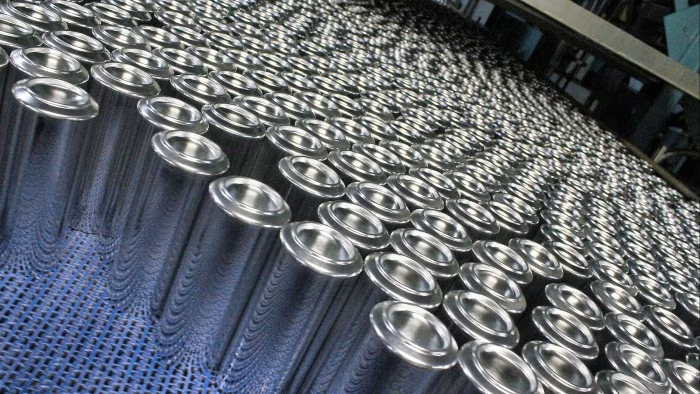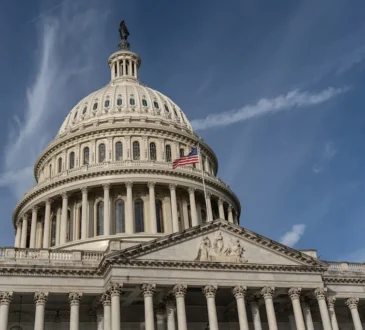
Unlock the Editor’s Digest for free
Roula Khalaf, Editor of the FT, selects her favourite stories in this weekly newsletter.
Ardagh’s looming restructuring is adding fuel to a busy European market for debt that doesn’t yet exist, as hedge funds make bumper paper profits selling hypothetical bonds at large premiums.
Hundreds of millions of dollars of debt that would be issued after a proposed restructuring at the Luxembourg-based maker of glass and metal drinks containers has changed hands in recent months at prices as high as 110 cents on the dollar, according to people familiar with the matter.
Trading in Ardagh debt on a “when issued” basis comes after months in which new debt from Altice France, the European arm of Patrick Drahi’s heavily indebted telecoms empire, was sold to investors before it was issued upon completion of the restructuring.
The burgeoning market in such debt is a sign of the aggressive tactics employed by creditors of conglomerates that were built up in the era of cheap money. As businesses have been forced to restructure by higher interest rates, creditors have clubbed together in co-operation agreements to secure favourable terms.
These include not only writing down debt in exchange for some equity but also providing new and expensive debt to companies once they emerge from a restructuring. Some creditors have sought to profit early while staying in the driver’s seat, by selling their rights to the new bonds before they come into existence.
“In a restructuring, obviously the company is not in the world’s strongest position, which means that lenders, whose consent may be needed, can push things harder . . . there’s often only a limited amount the company can do about the pricing [of the new debt],” said Richard Tett, a restructuring partner at law firm Freshfields. “It’s definitely becoming more common.”
The interest rate on new debt is priced in accordance with the company’s financial health before the restructuring but is issued by a “bright, new, post-restructuring capital structure and is generally senior ranking”, often making it worth paying a premium for, Tett added.
Ardagh announced its restructuring deal in July after more than a year of negotiations with creditors owed more than $10bn. The deal has yet to be sanctioned but has support from the vast majority of creditors.
Founder Paul Coulson, who built Ardagh from a small Dublin bottling plant through two decades of debt-fuelled acquisitions, would cede control under the restructuring to a group of bondholders. Shareholders would receive $300mn, of which just over $100mn would go to Coulson.
The group’s riskiest $1.7bn of so-called payment-in-kind bonds would be fully written off in exchange for a 7.5 per cent stake in the business. The remaining equity would be passed to Ardagh’s unsecured bondholders, including London’s Arini Capital Management — founded by former Credit Suisse trader Hamza Lemssouguer — and US-based Canyon Partners, as part of a debt-for-equity swap.
Existing bondholders would also provide $1.5bn of new funding to the group, while a loan that Apollo Global Management provided last year would be repaid in full.
Those existing creditors have already been able to offload hundreds of millions of dollars in the yet-to-be-issued bonds to investors willing to pay over the odds, attracted by an interest rate of 9.5 per cent on debt that would be issued by a company with much lower leverage than before the restructuring.
“Co-op agreements make it impossible to trade old [credit] facilities between groups,” said one bond investor who has been trading Ardagh’s potential new debt. “‘When issued’ offers a way to get around that . . .[but buyers] have to have conviction that the deal will go through.”
Although credit investors have bought large amounts of Ardagh’s debt on the basis that the restructuring will go ahead, dissenting creditors Deutsche Bank and hedge fund Carronade Capital are opposing the deal. If for any reason the transaction does not go through, the sales will have to be unwound.
Earlier this year, some traders were quoting Thames Water’s then- proposed €3bn in emergency financing, that was to be provided by senior creditors including hedge funds Elliott and Silver Point, at 112 per cent of face value while the new debt issuance was still being challenged in court. It has since been waved through.




